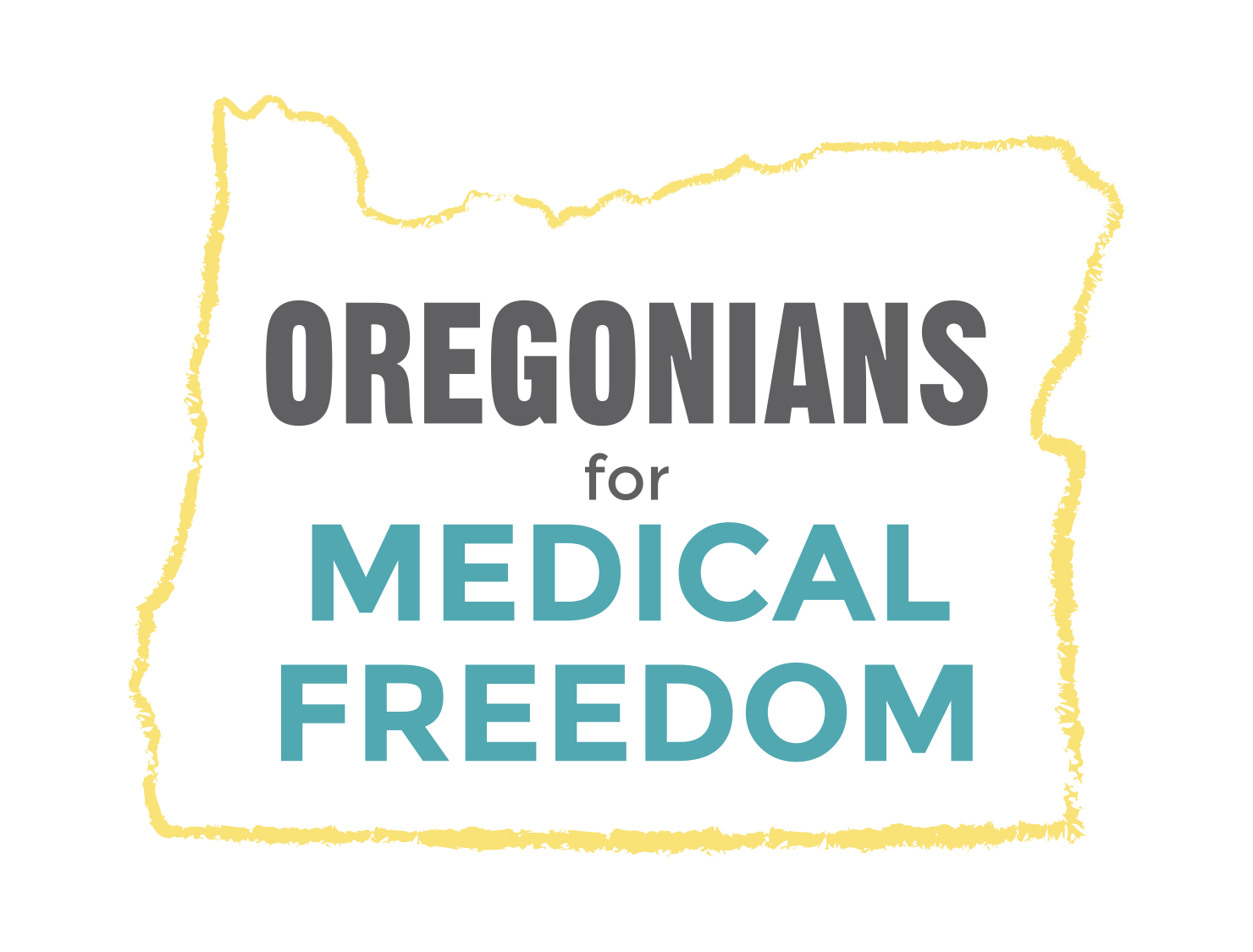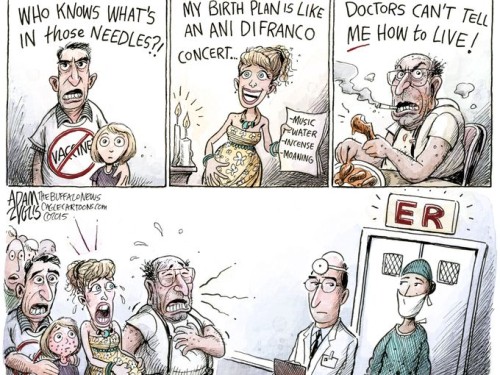Statesman Journal
February 28, 2015
By Ruben Navarrette Jr.
SAN DIEGO — The absurdity of the vaccine debate has come into focus.
We’ve become familiar with the concept of “herd immunity” — the assumption that, if enough people are vaccinated against a communicable disease, the few who aren’t stand a good chance of not being infected. Suddenly, parents who choose — for religious or personal reasons — not to vaccinate their children are the bad guys. They’re the villains, the fools, the conspiracy theorists who ignore science and threaten the health of others.
But who is being threatened?
Not the children who are vaccinated, unless the pro-vaccination crowd now wants to argue that vaccines don’t work and those who get vaccinated might still get infected. They’re not going to say that.
It’s the non-vaccinated children who are primarily at risk. Why are we afraid of being exposed to them? Shouldn’t they be the ones afraid of being exposed to others?
I agree that, in some states we make it much too easy for parents to get out of vaccinations. It should be more difficult.
But in focusing the debate solely on those parents who don’t vaccinate, we’ve missed the big picture. There’s a loud chorus of journalists, doctors, scientists and politicians in both parties force-feeding us this narrative that vaccines are perfectly safe and that parents who avoid them are being dangerously irresponsible.
If you even suggest there ought to be a discussion about what chemicals are in vaccines and who profits from vaccinations, you’re labeled a “kook” and a threat to society.
Let me be clear. My wife and I vaccinated our three children, and we never considered not doing so. I believe vaccines work, and — given that we’re only a few generations removed from an era when measles, smallpox and polio were serious health problems in the United States — I see vaccines as a blessing.
I think that all children should be vaccinated, but I’m not prepared to say that they all must be vaccinated and that vaccines should be mandatory. Finally, I don’t believe that vaccines cause autism, and there is no serious and credible evidence that says they do.
Parents with autistic children want answers and, if possible, someone or something to blame — preferably an external factor, not related to their genes or life choices. Women are having children later in life, something that has been shown to cause an increased risk in having a child with autism. But we don’t talk about that.
However, this isn’t an open-and-shut debate. It’s extremely complicated.
And that is because this is not just a battle between fact and fear. The debate boils down to government choosing to side with one group of parents who worry about the health and safety of their children over another group of parents who worry about the health and safety of their children.
How does government play King Solomon and make that choice? Given what we know about government, the answer is probably going to be “badly.”
We can’t force parents to do something that they firmly believe will hurt their child. Not in this country. Anyone who tells you that the question of whether parents should be forced to vaccinate their children is a no-brainer should have their own head examined — along with their motives.
As a journalist who covers politics, I can smell baloney a mile away. Follow the money. Remember “Big Pharma”? Think they’re a player in this debate, behind the scenes? I suspect they are.
Pharmaceutical giants like GlaxoSmithKline, Merck, Pfizer, Novartis and Sanofi Pasteur make billions of dollars from vaccines. These companies obviously have a strong financial interest in making sure all Americans are vaccinated.
So when I see a doctor or scientist declaring unequivocally that vaccines are safe, I want to know whether the doctor is earning consulting fees from the drug companies and just who is paying for the scientist’s research and laboratory equipment.
And when I see likely 2016 GOP presidential candidates back off their suggestion that parents ought to have a choice about vaccinations — as Sen. Rand Paul of Kentucky and New Jersey Gov. Chris Christie recently did — I want to know whether their consultants sat them down and explained the political facts of life. Like this one: You don’t get campaign donations from companies whose profits you threaten. Instead, those dollars will flow to your opponents.
Think the vaccine debate is over? Not a chance. It’s just beginning.
Ruben Navarrette Jr. writes for the Washington Post Writers Group, 1150 15th St. NW, Washington, DC 20071. Send email to ruben@rubennavarrette.com.
Online
Go to statesmanjournal.com/media/latest/opinion to view a gallery of political caroons about the vaccination debate.

